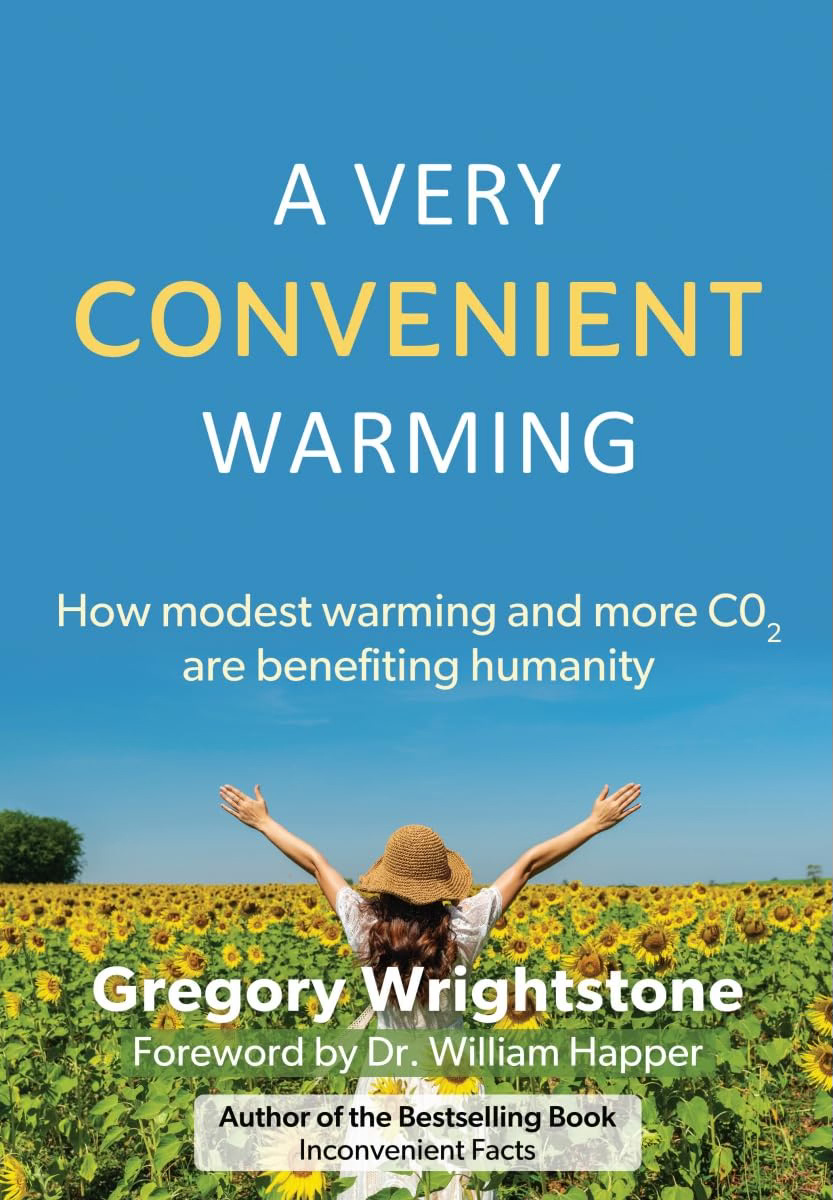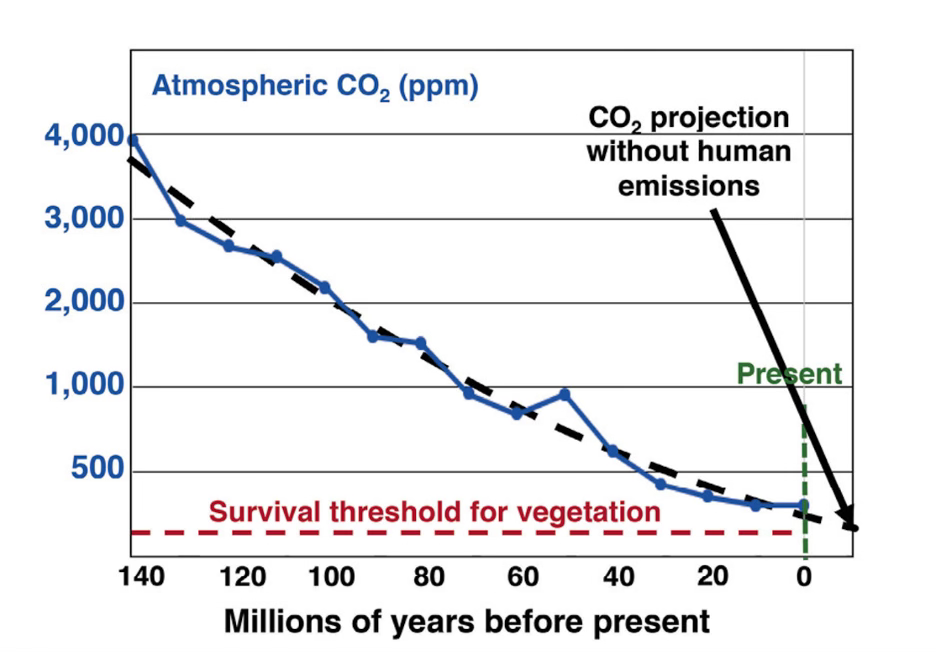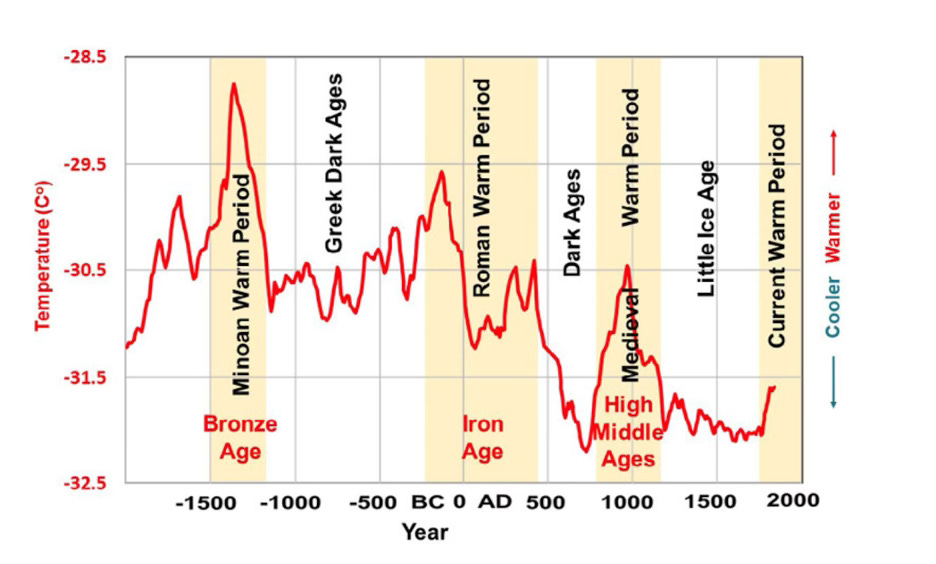Real conversations with leaders, creatives, and thinkers … freedom, innovation … what’s true
Episode 268: Conspiracy: Why FDR's White House Ignored a Chance to Change History with Chris Farrell and Shea Bradley-Farrell
“What if in 1943 President Franklin Delano Roosevelt and his White House advisors had acted on an offer from high-ranking German officials that they were prepared to kidnap Adolf Hitler and all of his top cronies. They would then turn Hitler over to the United States and sign an armistice ending the war with Germany.
The German high officials wanted then to join with the United States to stop the Communist Soviet Union from advancing in Europe. They had a well-thought out plan as to which units they knew were loyal, what units they knew would actually move on the Wolf's Lair, Hitler's Prussian, and the East Prussian headquarters.
FDR learned of this proposal from a man the Germans believed would be their most credible emissary:
George H. Earle III, a Main Line Philadelphia millionaire, war hero awarded the Navy Cross, Pennsylvania governor, Ambassador to Austria and Bulgaria, friend and supporter of Franklin Roosevelt, generous donor to humanitarian causes, colorful playboy, and spy.
Yet FDR did not act on the stunning offer, and the rest as they say, is History. The Soviets conquered part of Germany and all of Eastern Europe and closed it behind an iron curtain that would endure for over four decades.
Here to tell this story is Chris Farrell, who for the last 25 years has been the Director of Investigations & Research at Judicial Watch and author of “Exiled Emissary: George H. Earle III” and
Dr Shea Bradley Farrell, author of “Last Warning to the West”, the founder of Counterpoint Institute and who has written extensively about the agonies of Eastern Europe under Communism.
“This is not one of these books that examines an alternative history,” explains Chris. “Everything in the book is documented, for example, from the National archives, the Pennsylvania State Archives in Harrisburg, or the Pennsylvania Historical Society in Pennsylvania. Or from personal records from the Earle family.”
Why this story matters today is not just that FDR did not act but why he didn’t. As records have become public, we have learned that were many staunch supporters of the Soviet Union and its Marxist social experiment in both the FDR and Truman White Houses. Alger Hiss was FDR’s key aide at Yalta.
“What Earle was saying was, “Look, the real threat is the Soviet Union. We may have been allied during the war for whatever reason you want to explain, but they're a civilizational threat."”
But many in the 1940s White House did not want to act against the Soviet Union. They supported it.
The Soviets then. China today. The United States has a long troubled history of “elite capture.”
Chris and Shea tell a compelling story. You can learn much about history from this episode. But it’s how it reflects on today that’s really chilling. What does John Kerry say when he’s meeting with the Chinese?
Episode 267: CO2: The Miracle Molecules with Dr Will Happer and Greg Wrightstone
Carbon dioxide, or CO2, is portrayed as the worst villain in climate alarmism’s pantheon of satanic gases.
The claim is that increasing levels of greenhouse gases are purportedly driving atmospheric warming to dangerous and unprecedented levels which is said to be leading to ever increasing natural disasters, severe weather events and human health concerns.
But what if these claims are wrong, catastrophically wrong.
What if, rather than being at unprecedented high levels, CO2 is at one of its lowest concentrations in the long history of the Earth and that the modest warming anticipated from increasing concentrations of greenhouse gases will be benign. More carbon dioxide will bring huge benefits to agriculture, forestry and life in general.
Returning guests Dr Will Happer Professor Emeritus of Physics at Princeton University and geologist Greg Wrightstone, both with the CO2 Coalition, make a convincing case in this episode for just that. Atmospheric CO2 is the primary carbon source for life on Earth.
Carbon dioxide concentrations - in part due to human emissions - are slowly growing from near-famine, pre-industrial values toward levels that are optimum for plant growth and which have prevailed over most of the geological history of higher life forms.
Carbon dioxide, at a current concentration of about 420 ppm, represents just 0.04% of the atmosphere, or about 420 molecules out of every million. Current levels are an incredibly small percentage of the atmosphere, albeit a critical one, as advanced plant life could not survive without at least 150 ppm. Recent declines in concentration have pushed the world dangerously close to that 150 ppm “line of death.”
Nearly all great leaps in human history occurred during warm periods. Before climate science became politicized, historians called warm periods “climate optima” because Earth’s ecosystems and humanity benefited from the blessed warmth.
Contrary to the demonization of the gas, CO2 is essential to life on Earth. CO2 is not a poison. Without CO2, there would be no photosynthesis, no plant food and insufficient oxygen to breathe. Just some of the benefits of CO2:
• Increasing crop growth
• Increasing soil moisture
• Shrinking deserts
• Expanding forests
• Lengthening growing seasons
• Declining cold-related mortality
What we should be worried about is that throughout most of Earth’s history, carbon dioxide existed in beneficially high levels that were multiples of our current concentration. Geological sequestration of CO2 into fossil fuels has depleted our atmosphere to levels below the optimum for plant growth.
The great irony is that through the burning of fossil fuels, the carbon stored in the remains of ancient plants and organisms is now being liberated and helping to return the planet’s atmosphere to more beneficial levels of CO2.
We can correctly refer to fossil fuels as “natural solar-powered energy” or, if you like, giant solar energy storage batteries!
Without fossil fuels there would be no reliable, low-cost energy worldwide and less CO2 for photosynthesis to make food. Eliminating fossil fuels to attempt to reduce CO2 emissions would be disastrous for the world’s people, especially for the two billion impoverished poor.
An underreported consequence of the “green” energy transformation is the loss of habitats and species.
The “green” solution to a non-existent climate crisis is to encourage a great acceleration in habitat loss by abandoning efficient fossil fuels for inefficient wind and solar energy that requires vast swaths of forest, grasslands and farmlands for solar and wind installations and further habitat loss through:
-
open-pit mining of minerals needed for batteries, photovoltaic cells and electric transmission,
-
conversion of diverse jungle habitat to plantations for biofuel,
-
large-scale electricity transmission lines and
-
destruction of mature forests to make wood pellets as biofuel.
So-called green energy is causing the destruction of massive numbers of birds, bats and insects slaughtered by wind turbines. Offshore wind projects are killing whales, dolphins and other cetaceans.
We have been seized by a great madness.
Under the false claims of coming calamity, bureaucrats and politicians seek to shut down coal-fired power plants, kill the internal combustion engine, ban natural gas for home use and advance the misguided objective of a “net zero” economy.
“Men, it has been well said, think in herds; it will be seen that they go mad in herds, while they only recover their senses slowly, and one by one.”
- Charles MacKay
“What historians will definitely wonder about in future centuries is how deeply flawed logic, obscured by shrewd and unrelenting propaganda, actually enabled a coalition of powerful special interests to convince nearly everyone in the world that carbon dioxide from human industry was a dangerous, planet-destroying toxin. It will be remembered as the greatest mass delusion in the history of the world—that carbon dioxide, the life of plants, was considered for a time to be a deadly poison.”
- Dr. Richard Lindzen
“I don’t see a whole lot of difference between the consensus on climate change and the consensus on witches. At the witch trials in Salem the judges were educated at Harvard. This was supposedly 100 per cent science. The one or two people who said there were no witches were immediately hung. Not much has changed.”
- Will Happer
Episode 266: It’s Time to Leave the WHO with Reggie Littlejohn and Meryl Nass
At a meeting of the World Health Assembly at the end of May, less than three months from now, the World Health Organization (WHO) will be voting to amend its International Health Regulations agreement and to create a brand new Pandemic Agreement.
Until now the World Health Organization has been largely an advisory organization. If voted in, these changes would make its edicts compulsory.
The proposed amendments replace the word “may” with “shall” over 100 times and the word “non-binding” has been deleted to make the recommendations of the WHO binding.
The agreements authorize the Director-General to declare unilaterally a potential or actual “public health emergency of international concern” and the imposition and enforcement of sanctions on nations that don’t comply with WHO dictates.
Some of the directives that the Director-General could issue to the 196 sovereign state members could include: quarantines, masks, mandatory testing, vaccination requirements, lockdowns, and border closures coupled with vaccine passports.
This has the full support of the World Economic Forum, the European Union, the World Bank, Bill Gates, Big Pharma, the Chinese Communist Party and the Biden Administration.
Their aim is to substitute “global governance” for the sovereignty of the U.S. and the 195 other state parties to the agreement, ultimately eroding most all of our personal medical freedoms.
To explain the planned WHO power grab, and what we can do to prevent it, are two of the founders of the Sovereignty Coalition:
Dr. Meryl Nass, the founder of Door to Freedom, a physician and researcher who proved the world's largest anthrax epidemic was due to biological warfare. A leader in the fight for healthcare freedom, her license was suspended for prescribing COVID medications and “misinformation.”
Reggie Littlejohn is the founder and President of Women’s Rights Without Frontiers. A graduate of Yale Law School and an experienced litigation attorney, she is an acclaimed international expert on China’s human rights offenses.
The proposed Pandemic Treaty establishes global surveillance requirements and commits governments to censor dissenting views “with the aim of countering and combating false, misleading misinformation or disinformation."
Struck from the IHR is the crucial guarantee of human rights as a foundation of public health:
“The implementation of these Regulations shall be with full respect for the dignity, human rights and fundamental freedoms of persons…” has been replaced with “shall be based on the principles of equity, inclusivity, and coherence...”
Worse, the agreements embraces a “One Health” approach which includes not only human health, but also the health of animals, agricultural plants and the environment. The WHO essentially is claiming control over every aspect of existence on earth. The Director General could declare “climate change” as a “public health emergency of international concern.”
“The best thing is simply to get out of the WHO. Just say this is going in the wrong direction and we’re out. The WHO doesn't do anything for the United States,” advises Meryl. “How have we benefited from this organization?”
This a huge issue that isn’t being covered in the so-called mainstream media. If you thought the nightmare of the last heavy handed response to the pandemic was over, think again.
Listen in and learn from two passionate and knowledgeable defenders of our healthcare freedoms.
Episode 265: Ukraine: Has the US Lost Yet Another Proxy War? with Stephen Bryen
While Americans have become preoccupied with other things - the election, the border, the economy - events in Ukraine are spinning out of control. People have been talking hopefully about a ceasefire and a truce. Instead, with a couple of more blunders we could be heading for a World War III.
To learn where this might be headed next, I’m back talking in this episode with my go to guru on all things national security Stephen Bryen - Senior Fellow at the Center for Security Policy
Some takeaways from our conversation:
-
The head of NATO Jen Soltenberg’s reckless statements and actions are escalating the situation in Ukraine and increasing the risk of a full-scale war.
-
The Biden Administration’s objective of regime change in Moscow has failed. Russia seems certain to prevail. At this point, they have few incentives to stop the fighting.
-
Ukraine has suffered massive casualties, perhaps up to 800,000 killed, and is on its third army. Ukraine President Zelensky is on the way out, we just don’t know how or when.
-
Sanctions against Russia haven’t worked. China has replaced the European Union as Russia’s top energy buyer and goods supplier, giving Russia both the cash and the manufactures it needs to sustain itself.
-
Total trade between China and Russia has reached $240 billion in 2023, more than double what it was in 2018. Russia now has become China’s biggest supplier of crude oil, second for coal and third for natural gas.
-
Stephen predicted that Victoria Nuland would be out as acting Deputy Secretary of State. She resigned this week.
-
The Biden administration aims to drag the war out as long as possible. Biden doesn't want Ukraine to collapse while he's running for president.
-
Sending more money to Ukraine for ammunition and armaments doesn’t address its real issues: its lack of manpower and low morale.
Finding a peaceful solution and stabilizing the situation in Ukraine should be our highest priority. Up to now, it hasn’t been.
As always, Stephen provides a deep and informed take on events. Definitely worth a listen.
Episode 263: Motorhome Prophecies: A Journey of Healing and Forgiveness with Carrie Sheffield
In this episode Bill follows up from his last conversation with Carrie Sheffield to talk about her extraordinary memoir, which is being published this week:
Motorhome Prophecies: A Journey of Healing and Forgiveness.
As you’ll learn, the book is much more than her riveting and heartwrenching personal story. It is a beacon, reminding us that even the direst circumstances need not dictate the outcome of our lives.
Carrie Sheffield grew up fifth of eight children with a violent, mentally ill, street-musician father who believed he was a modern-day Mormon prophet destined to become U.S. president.
His obsessions led Carrie, her mother and seven siblings to live as vagabonds, remaining on the move across the country, subsisting in sheds, tents, and motorhomes, enduring a dysfunctional drifter existence, camping out in their motorhome in Walmart parking lots.
She eventually seized control of her life, transcended her troubled past, and overcame her toxic inner voice (and a near death experience)—thanks to the power of forgiveness, cultivated through her conversion to Christianity.
She left the Mormon church when she 22, then went through a period she calls secular agnostic hell, became a Christian at age 35, transforming her life.
She evolved from a scared and abused girl to a Harvard-educated professional with a passion for empowering others to reject the cycles of poverty, depression, and self-hatred.
“I see my life in some ways as a microcosm of what's happening with the West,” she shares.
“The West is committing suicide, rejecting all of our foundational Western principles, because the West has not been perfect. No society has.”
“Destructive and alienating ideas like CRT and DEI have us throwing the baby out with the bath water. This is what I did when I became a secular agnostic because I was so angry at a flawed Judeo-Christian interpretation that had been forced on me by a toxic family environment.”
Carrie Sheffield is a compelling young woman. Listen in to learn about her journey and its lessons for us.
Viewing page 2 of 57|Previous Page|Next Page







